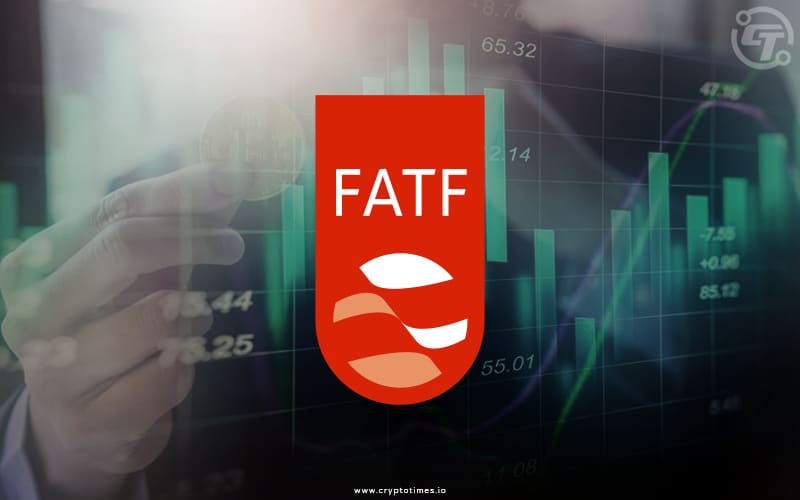In Brief:
- The Financial Action Task Force (FATF) officially announced its finalized crypto guidance.
- Guidelines place a high priority on how regulators should approach NFT and DeFi.
The global anti-money laundering platform, the Financial Action Task Force (FATF), released their latest guidelines for companies that manage digital assets.
The guidelines stated that NFTs should not be treated as traditional digital or virtual assets, but that if they are traded per the FATF guidelines, they should be controlled under the same regulatory framework.
The majority of the guidelines are ideal for centralized exchanges and platforms, but they don’t provide much clarity on the Defi front.
FATF has devised a solution so instead of regulating protocols, it will hold operators of Dex platforms and Dapss accountable and liable.
The majority of FATF’s approach revolves around the travel rule, which requires VASPs to collect originator and beneficiary information for all parties involved in a transaction.
The FATF guidance acknowledges that jurisdictions will have to constantly reassess new projects and how they relate to the guidance to keep up with the pace of development in the space.
The guidelines stated, “It seems quite common for DeFi arrangements to call themselves decentralized when they actually include a person with control or sufficient influence, and jurisdictions should apply the VASP definition without respect to self-description. “
The platform clarified its definitions of “virtual asset” and “virtual asset service provider (VASP),” warning that “there should not be a case where a relevant financial asset is not covered by the FATF standards.”
Recently the US regulators also started developing guidelines for banks and the cryptosystem.






